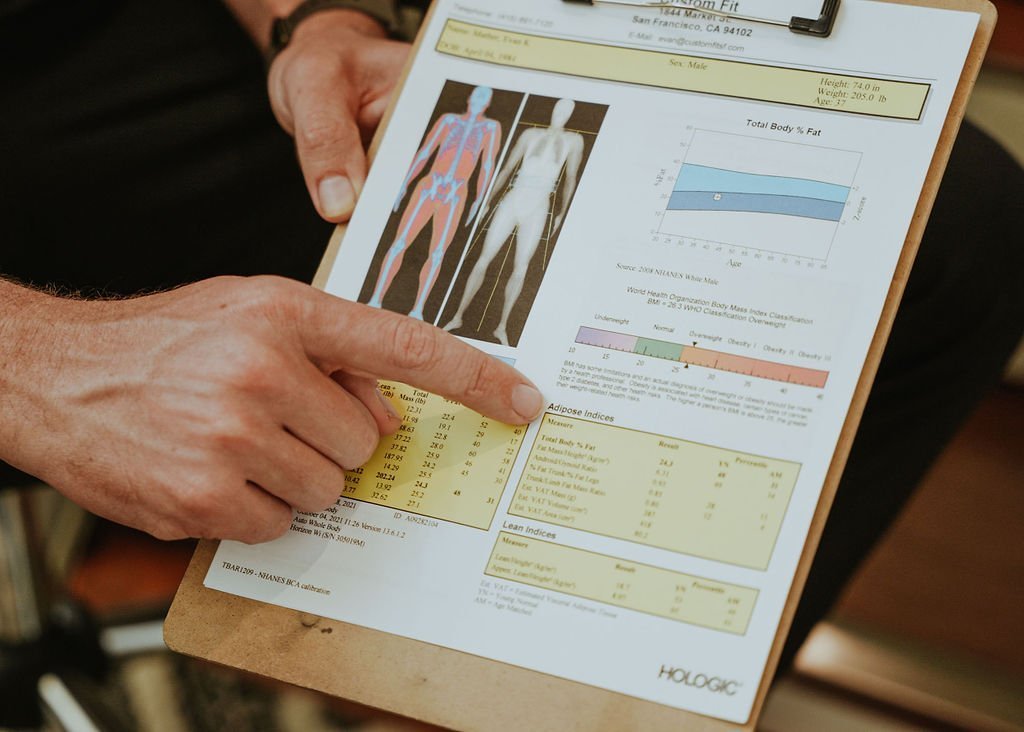
The healthspan and longevity journey starts with understanding the conditions we aim to prevent, diagnostic tools used to measure risk, and therapies aimed at maximizing your health.
This website is provided for educational and informational purposes only and does not constitute providing medical advice or professional services. The information provided should not be used for diagnosing or treating a health problem or disease, and those seeking personal medical advice should consult with a licensed physician.

Emerging Weight Loss Drugs
GLP-1 agonists might play a role in preserving muscle mass during weight loss and improving insulin sensitivity, but concerns about muscle wasting and reduced exercise performance highlight the need for careful consideration, especially for individuals with specific health and fitness goals.

Supplementing Magnesium
Magnesium has a variety of physiological benefits from supporting lower blood pressure, better metabolic health, increased bone density, and improved sleep, and many individuals can benefit from supplementation.

Health Impacts of Stress
Stress and chronic inflammation underlie a number of chronic health conditions. The mechanisms by which they change our biology are becoming ever more clear, and lifestyle changes may significantly impact how we modulate our inflammation.

Testosterone and TRT
Testosterone is an important hormone for men’s health, linked to a number of physiologic functions. Age-related testosterone drop is normal, and many men are turn to testosterone replacement as a way to boost levels. While there is a role for this therapy, there is much more nuance in understanding who will benefit.

Cardiac Calcium CT
Early detection of cardiovascular disease is crucial for timely intervention and prevention of heart-related complications. For many, a cardiac calcium CT scan may provide key risk stratification.

Continuous Glucose Monitoring
CGMs are frequently used in patients with diabetes, but they can also be used in non-diabetic patients to gain real-time nutritional insights and guide behavior changes related to food, sleep, and exercise.

Lipid Tests and Cardiovascular Risk
Understanding your lipid profile ranks among the most important things you can do to reduce your risk of atherosclerotic cardiovascular disease (ASCVD). Going beyond the traditional lipid tests means integrating more nuanced biomarkers and understanding the role of inflammation as a driver of disease to the calculate your unique risk.

DEXA Scan
DEXA is a low energy X-ray test that allows for an instantaneous snapshot of your total body composition. DEXA has traditionally been used by healthcare providers to measure bone density, but measures of lean muscle mass and adipose (fat) tissue can provide important insights into risk of metabolic syndrome, cardiovascular disease, and chronic inflammation.